James A. Baker
No world leader has a bigger place in the history of the late 20th century than Mikhail Gorbachev, for his pivotal role in the Cold War's peaceful end. The free world will be forever grateful to him, even if many of his fellow citizens are not.
In the 1950s and ’60s the Soviet Union rolled in the tanks to keep its empire together amid several similar anti-Soviet uprisings: in East Germany in 1953, Hungary in 1956 and Czechoslovakia in 1968.
But on Oct. 6, 1989, Mr. Gorbachev charted a new path. In a speech at the People’s Assembly building in East Berlin he concluded that every country in Eastern Europe should find its own path to socialism. “The decision on how society is organized is for the people themselves to decide, but there is need for variety,” he said. He said emphatically that East Germany's future “must be decided in Berlin, not in Moscow.”
And so it was. In November 1989, Mr. Gorbachev ignored hard-liners in Moscow and refused to use violence to stem the tide of freedom. Suddenly, the Cold War that had threatened the world with nuclear annihilation for longer than four decades began its death throes.
Mr. Gorbachev was a powerful force for international cooperation. At the time, we in the United States government recognized that, and sought to work with Mr. Gorbachev because we recognized that a productive relationship with the Soviet Union, and later with Russia, could form the basis of a new post-Cold War order — one in which democracies would thrive. Sadly, given Vladimir Putin’s war on Ukraine, we are far away from this moment of optimism.
So even as he pressed to reform the failed Soviet experiment with communism, he worked constructively with his nation’s old rivals — the United States, France and Britain — to reunite East and West Germany. He struck agreements with Presidents Ronald Reagan and George H.W. Bush to reduce arsenals, effectively ending the nuclear arms race between the two superpowers. He cooperated with the United States in the United Nations to forcefully and unconditionally reverse Iraq’s invasion of Kuwait, and also with the United States to promote Arab-Israeli peace as a co-chair of the Madrid Peace Conference. The decades-long fissure between East and West was healing.
Just as important, democracy and freedom began spreading across the globe as tyranny’s tight grip slipped. In 1987, the citizens of 75 nations in the world lived under authoritarian regimes. But as the Cold War ended and the Soviet Union itself ceased to exist, democracy spread rapidly. By 2017, only 15 nations operated under authoritarian regimes. And though there has been some backsliding in democratic freedoms across the globe in recent years, likely more than half of countries have democratic forms of governance.
Many factors contributed to the end of the Cold War, particularly the enduring spirit of the people of the captive nations of Eastern Europe. But America certainly played its part. Every American commander in chief from Harry Truman to George H.W. Bush held firm in opposition to Soviet expansion. When the time came, President Bush, working with Presidents Gorbachev and Boris Yeltsin, deftly managed the end game so that the conflict ended peacefully and not with the nuclear bang that so many had feared for so long.
In Mr. Gorbachev, the last two Cold War American presidents — Mr. Bush and Mr. Reagan — found a Soviet leader who understood that his country could not economically or militarily sustain its conflict with the West. They also found a Soviet leader who had the same energy and optimism that they had. Though Mr. Gorbachev was neither tall nor large, his personality filled a room with an upbeat attitude that buoyed everyone in it. Above all, Mr. Gorbachev, Mr. Reagan and Mr. Bush built relationships of trust unimaginable to their Soviet and U.S. predecessors. It was a privilege to work closely and cooperatively with Mr. Gorbachev during those times of dramatic change in East-West relations.
As the Soviet Union collapsed, however, Mr. Gorbachev lost the trust of his own people and was forced to resign in 1991. This largely removed him from the scene as Russia still struggled to develop a strong democracy and robust economy. And struggle it did. Still, for longer than a decade after his resignation, the Cold War had ended. Western companies did business in Moscow, and relations between East and West, though often strained, were largely amicable. There was active cooperation in many areas. Fifteen new independent nations came into existence, and citizens of the former Soviet Union began to enjoy freedoms they had never known.
Today, Mr. Gorbachev’s dream of a democratic, prosperous Russia at peace with its neighbors has been dashed. Under Mr. Putin, the country has drifted into authoritarianism. Mr. Putin has moved toward a more confrontational stance with the United States and the West. He has repeatedly flouted international norms of behavior, notably in the recent unprovoked invasion of Ukraine. We are in another Cold War with Russia, in which Moscow is again trying to impose its will through a mailed fist that threatens not only Ukraine but peace in Europe as a whole.
One could argue that the United States and its Western allies must share some of the blame for the current tensions. Though the right policy, NATO’s expansion after the Cold War was accomplished in a way that alarmed Moscow. More, perhaps, could have been done to engage Russia in a true strategic partnership. But none of these potential acts or omissions provide any justification for Mr. Putin to declare war on a neighboring country.
Until the end, Mr. Gorbachev remained dedicated to peace. Although his frail health prevented him from commenting about the Russian invasion of Ukraine earlier this year, his foundation clearly responded with the statement: “We affirm the need for an early cessation of hostilities and immediate start of peace negotiations. There is nothing more precious in the world than human lives.”
Such a statement is true to the heritage of Mikhail Gorbachev, a very courageous leader who was an inspiring advocate of more freedom for the people of the Soviet Union. The desire of those people for freedom will never end. And neither should the memory of his legacy in having tried to attain that freedom for them.








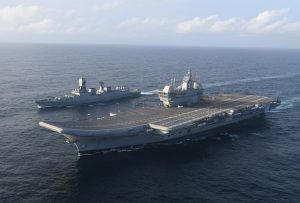
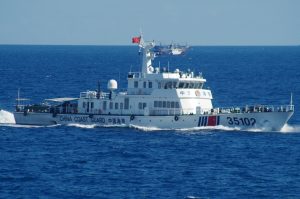
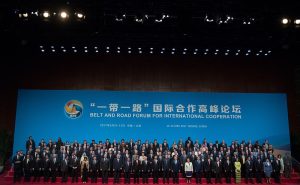
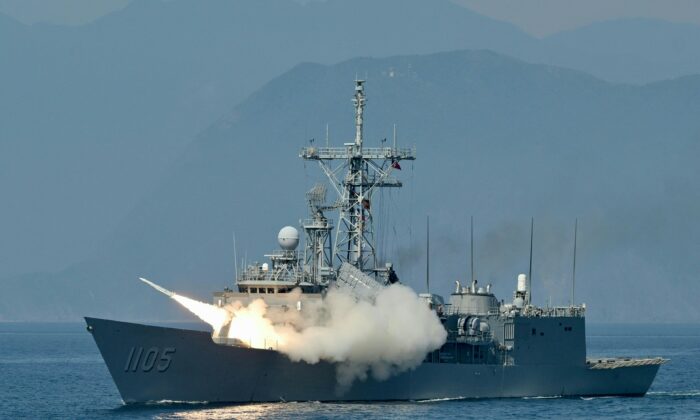

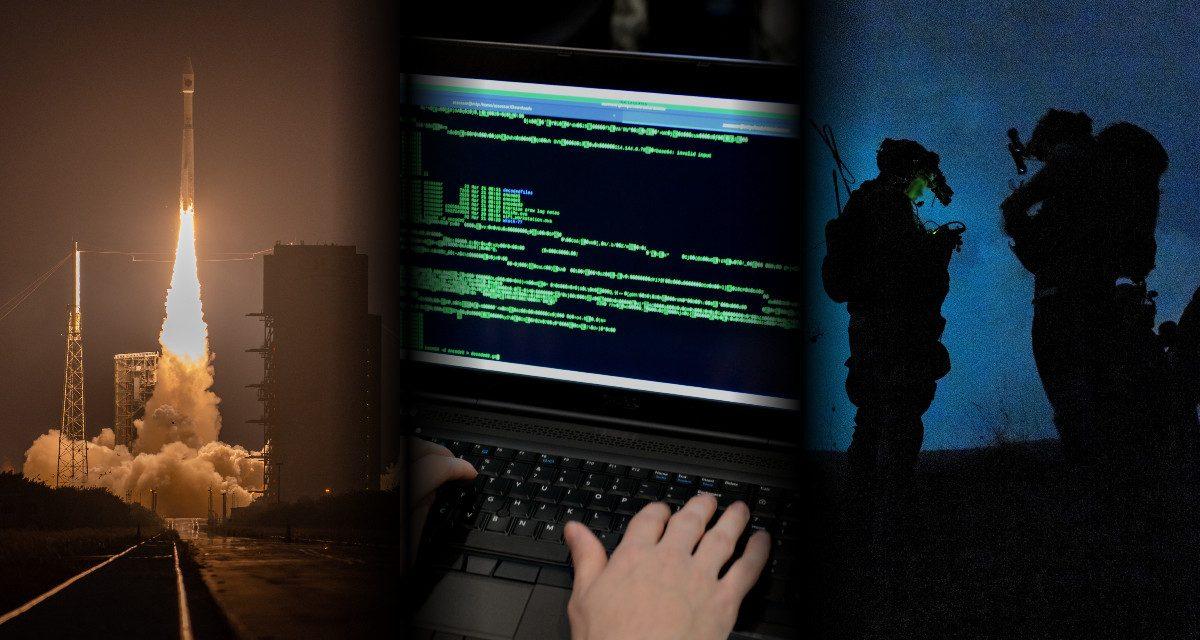


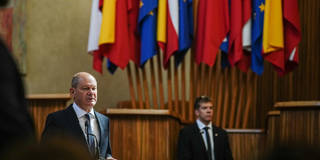
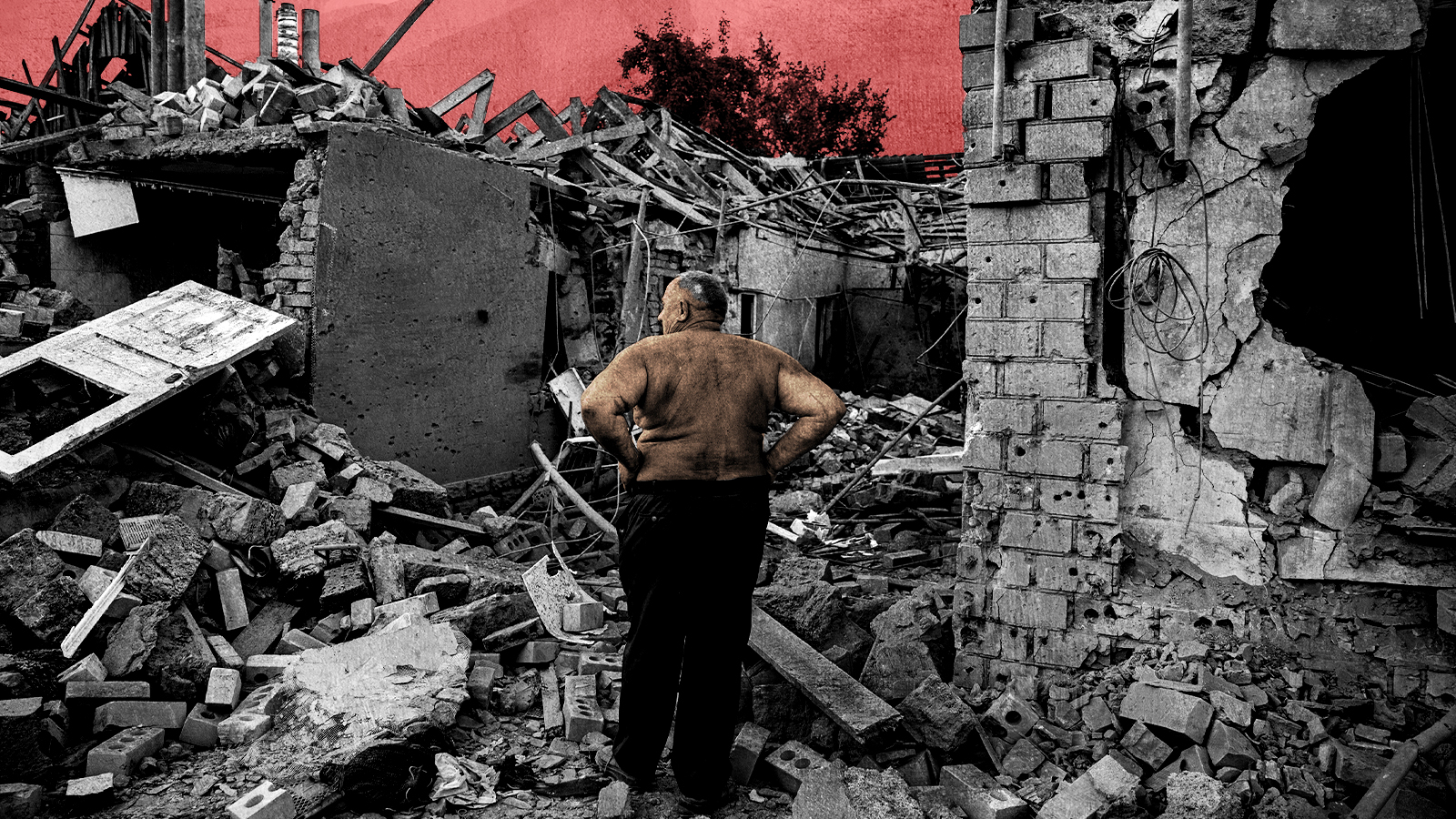
:quality(100)/cloudfront-us-east-1.images.arcpublishing.com/thesummit/6UTHHA3UIBCVLH73F2YIPJ4HBE.jpg)

